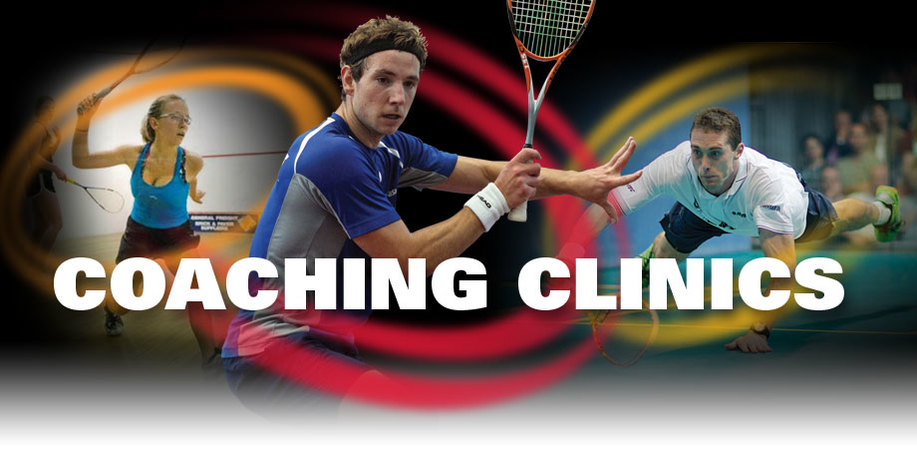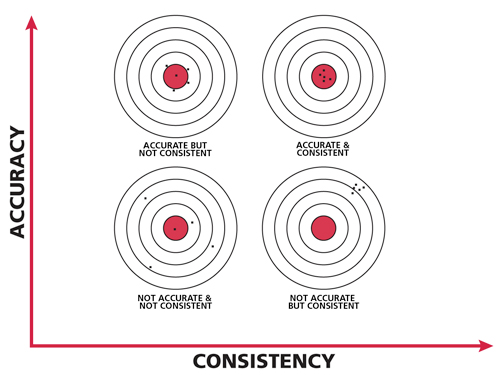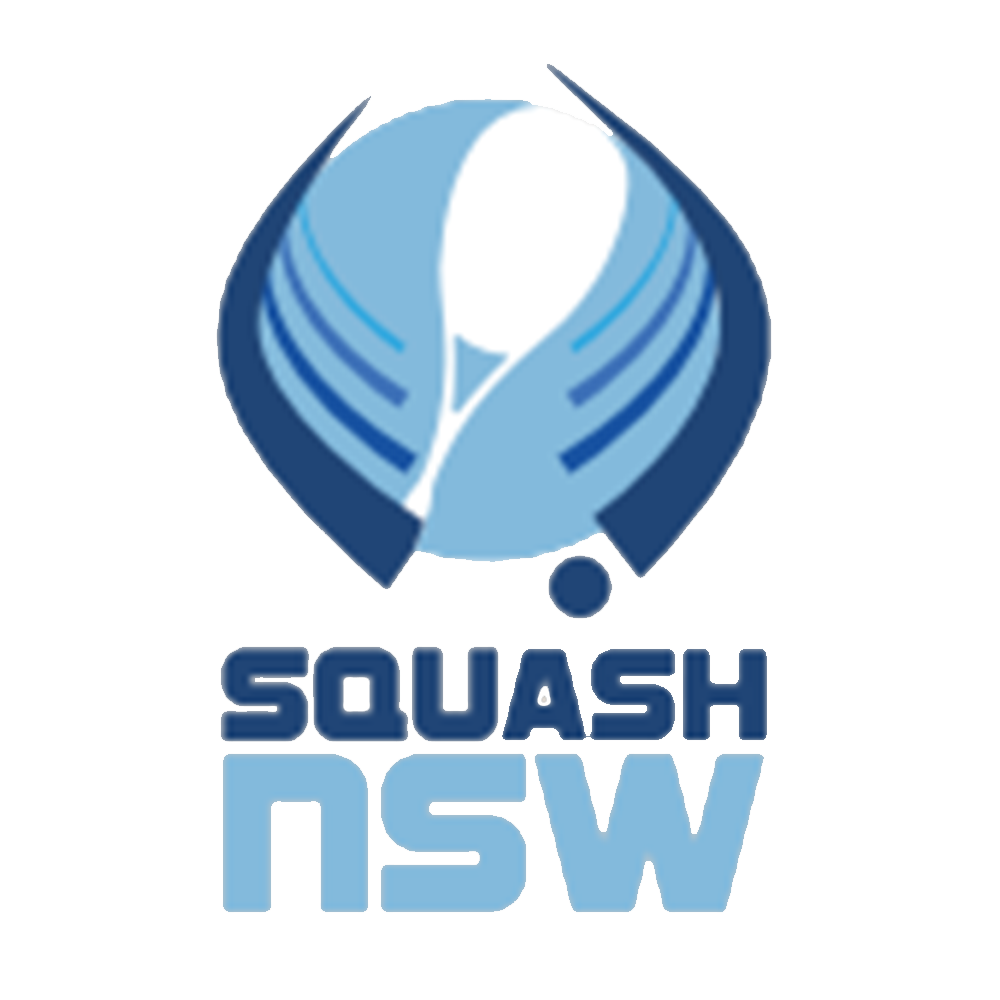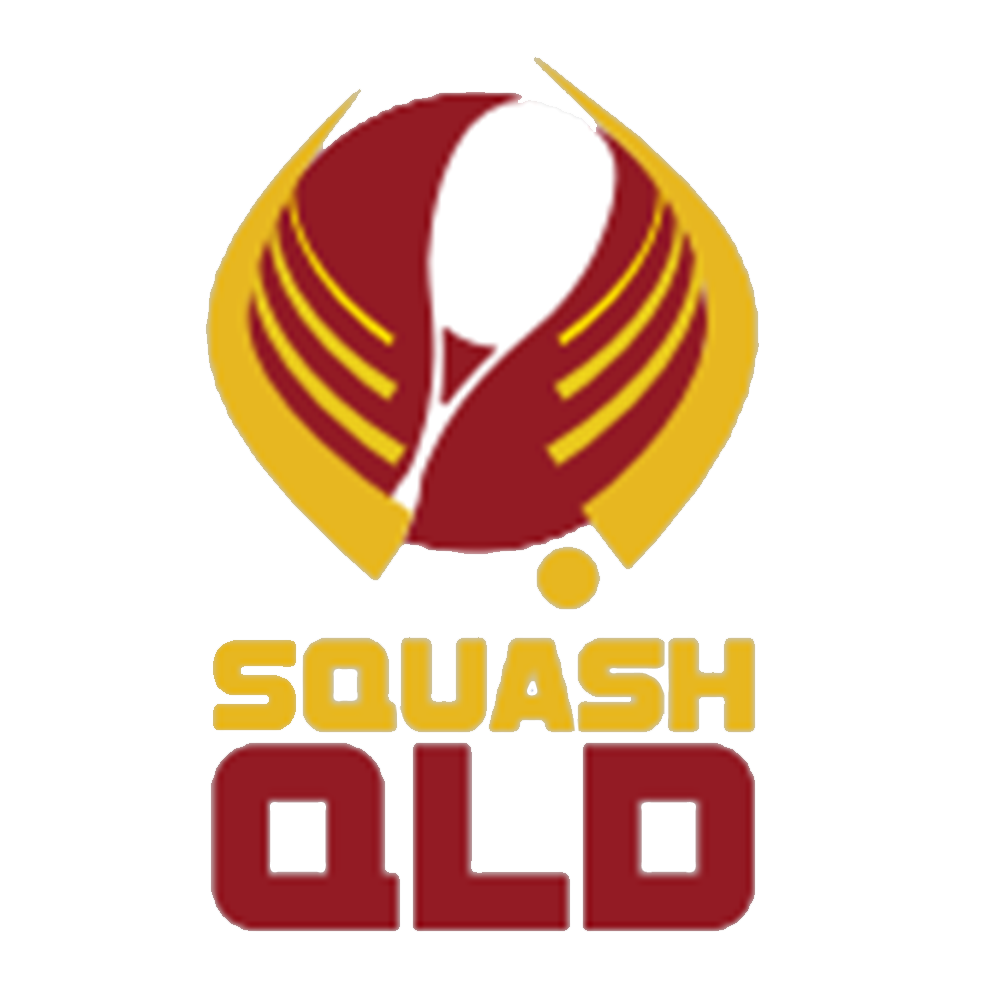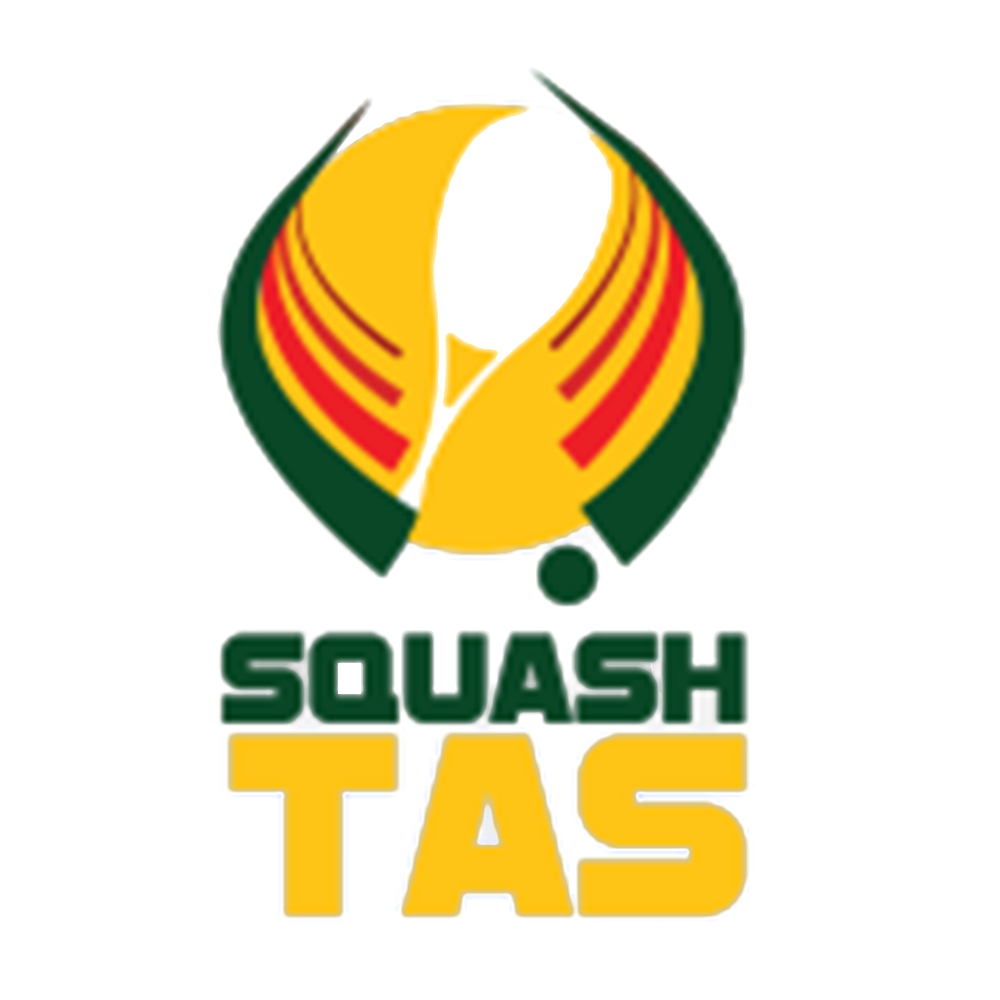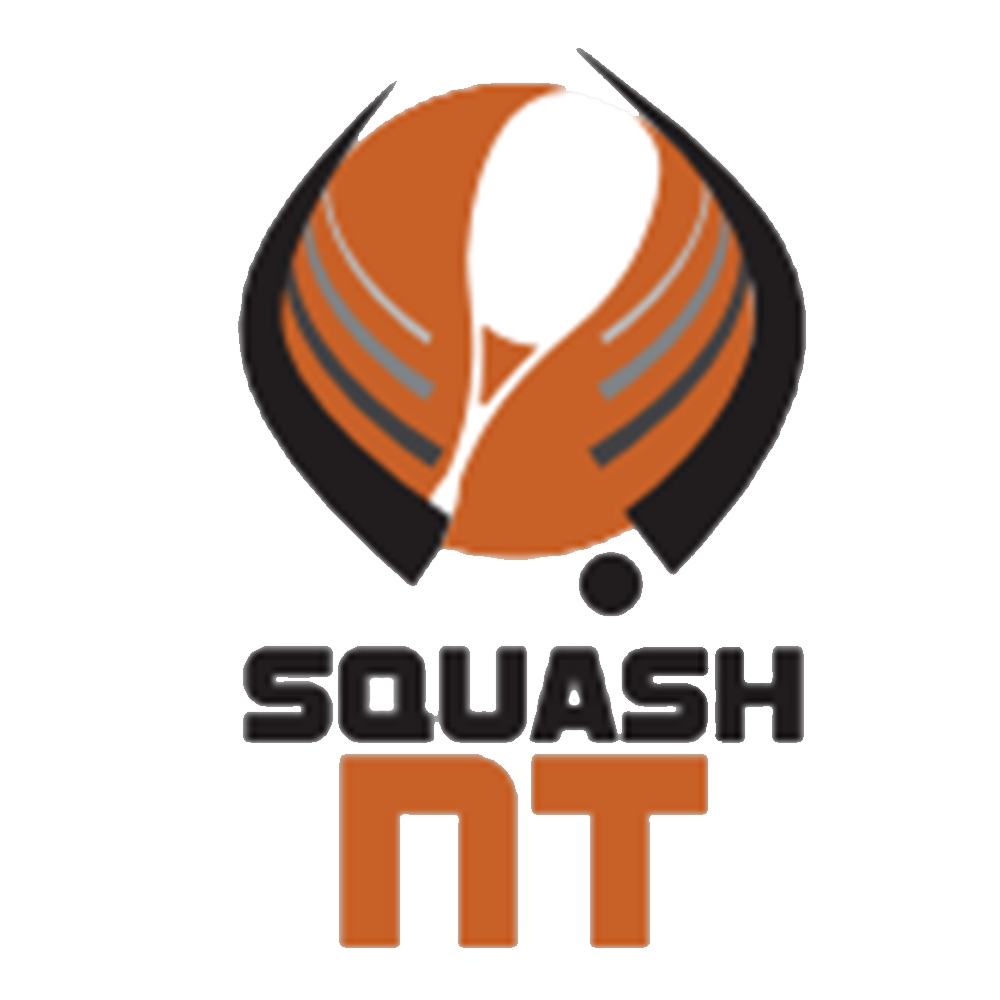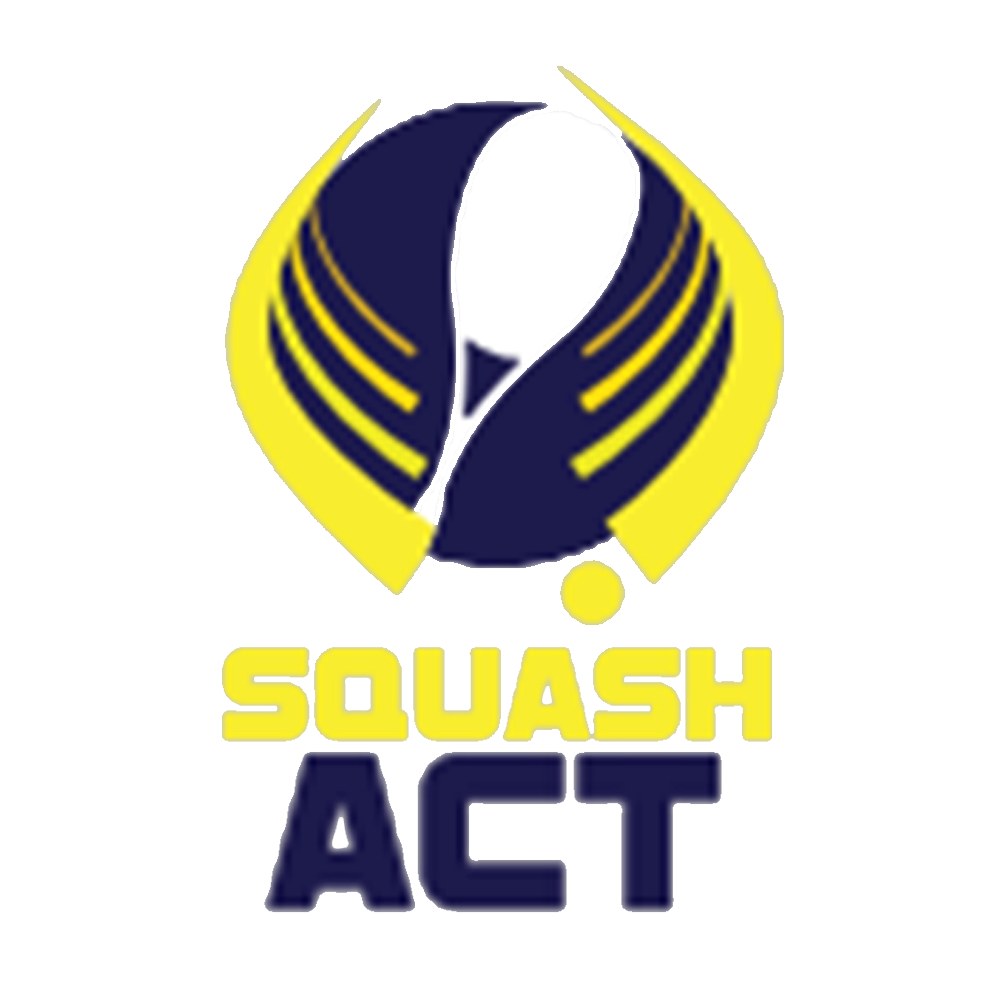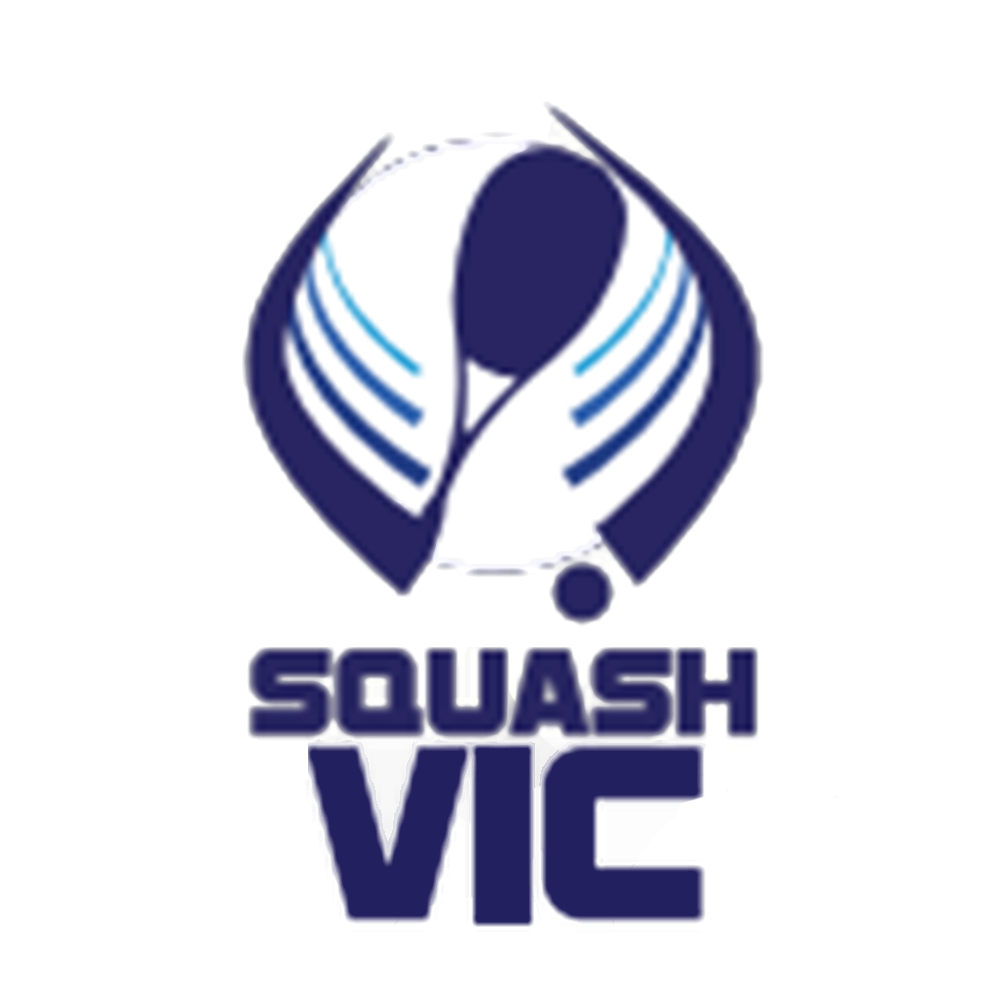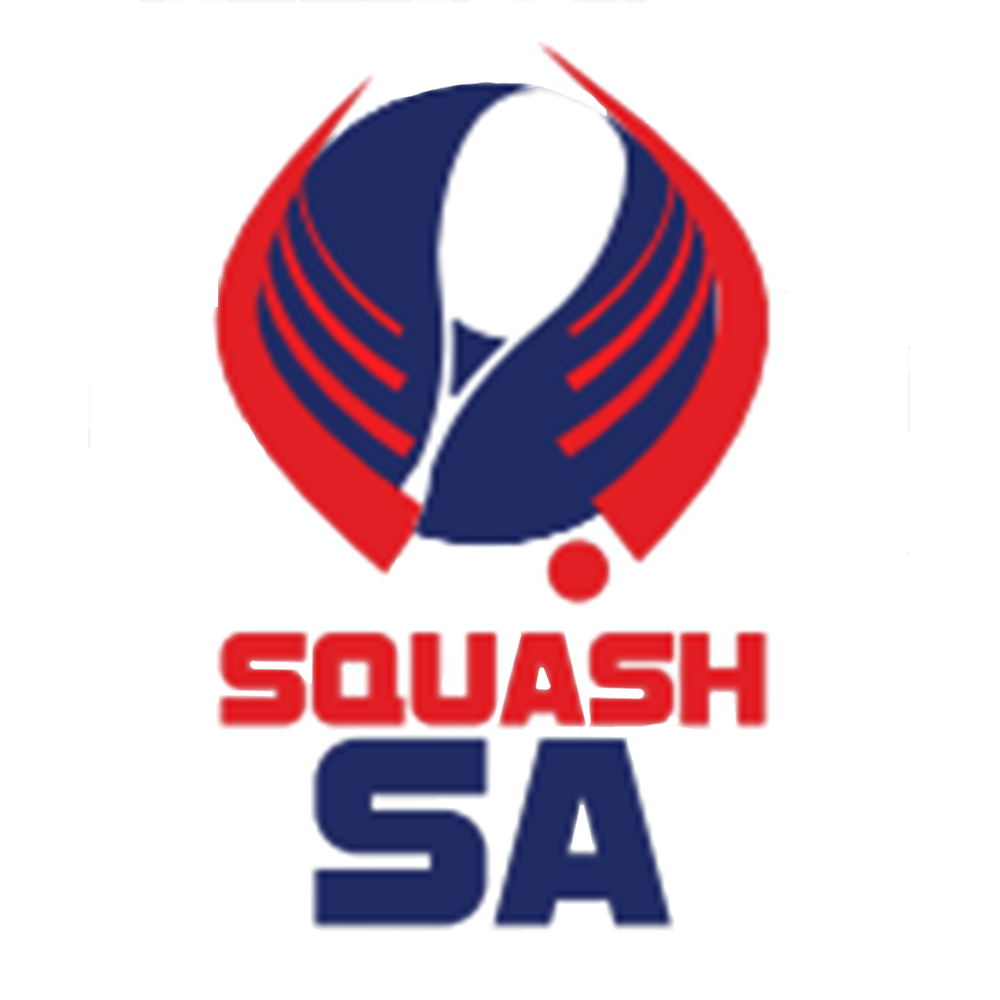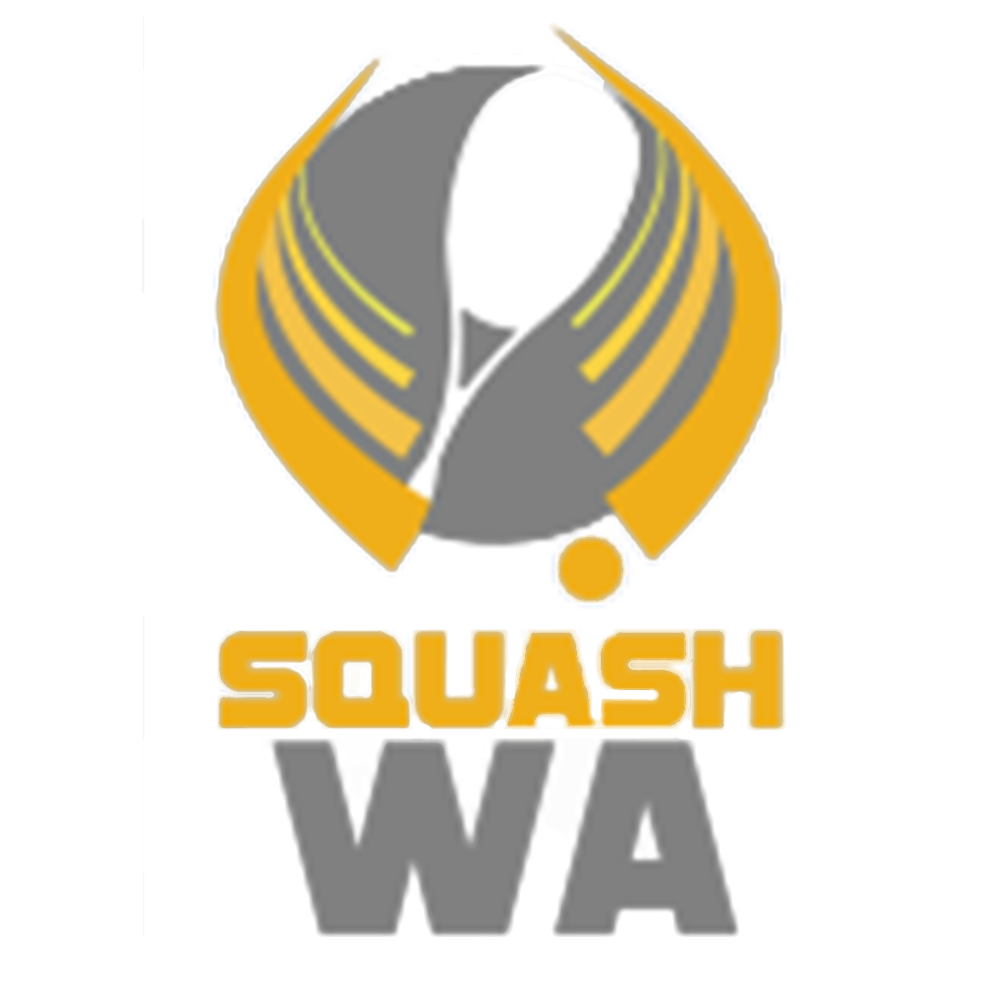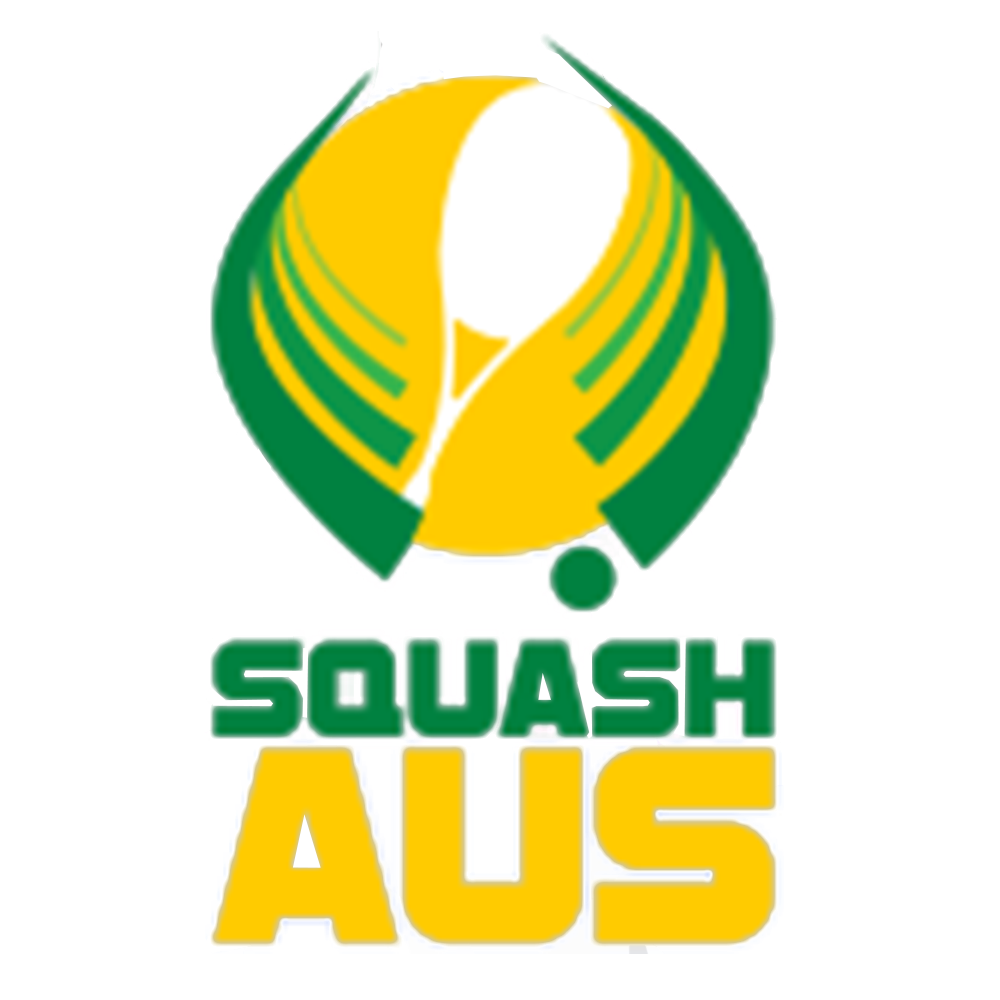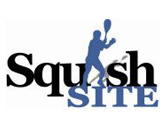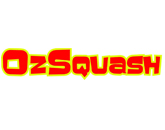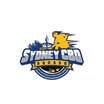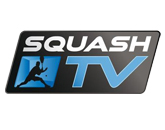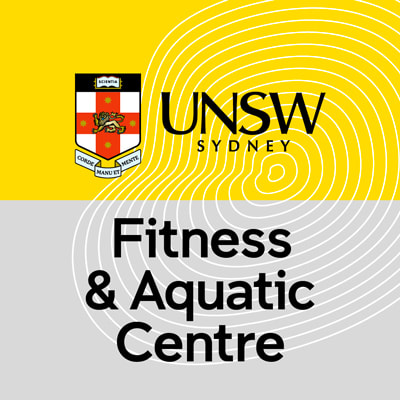These 2-hour sessions are scientifically designed according to proven, tried and tested deliberate practice techniques perfected by elite sport institutions and academies over the past 30 years.
|
Simply stated, deliberate practice is the disciplined, strategic learning of skills, abilities and attributes through the deliberate execution of individual elements that make up the composite skill or ability.
The 2-hour session format has been chosen to substantially accelerate learning and retention for critical elements of squash. With multiple players and focused feedback, the interactive session is designed to combine theoretical learning with practical application. One of the key components is watching other players struggle with various elements in their own way. By seeing, hearing and feeling what they do and the corrective measures necessary to mastery the skill, participants acquire skills faster with much higher retention. Participation is active and requires patience and attention. Approximately half the time is devoted to correction, commentary and demonstration. This feedback mechanism is sped up and slowed down to ensure the skill being developed is fully understood within the 2-hour session. A clinic differs from a squad (or other practice) session in that the key outcome is learning what and how to do something with all the variations and nuances involved. A squad practice session is directed more towards the physical exertion within a quasi-game situation. EACH CLINIC HAS THE FOLLOWING CHARACTERISTICS: |
Have a question? Contact us -->
|
- 2 hour duration to maximize learning and enhance retention of skill(s)
- Multi-player participation of similar standard to improve feedback and demonstration
- Structured delivery for the attainment of specific outcomes
- Video analysis for all clinics except the learn to play squash clinic
COACHING CLINICSLEARN TO PLAY SQUASH
2 FUN HOURS SCIENTIFICALLY DESIGNED FOR
QUICK PROGRESS AND AVOID BAD HABITS This clinic is aimed at the novice, beginner who has not previously played a racket sport such as tennis, badminton or ping pong. The primary goal is to establish eye-hand coordination and a basic technique to hit the ball properly. Even though avoiding bad habits is a strong secondary goal of this clinic, the primary outcome is for a beginner to feel comfortable hitting the ball so that he/she can enjoy learning how to play. Squash is a demanding sport and quite technical in its execution. Learning the basic principles right up front makes for a much more enjoyable introduction to a sport you will learn to love. If you are coming from tennis or badminton and not sure if you should take this clinic – get on court and give the curriculum an honest go. It may sound easy, but many players struggle with these basic fundamentals.
Clinic Curriculum
If you can do all of the above, you can proceed to one of the other Coaching Clinics |
SPORTS PSYCHOLOGY CLINICS
MENTAL MISTAKES PRESENTATION
HOW TO AVOID MENTAL MISTAKES TO INSTANTLY IMPROVE YOUR SQUASH GAME
We all know squash is a technically challenging sport, which is why we’re addicted to it, but here’s the thing… It takes years to master the physically, athletic and technical skills to play it well and yet all it takes is an instant to blow a point, game or match – due to mental mistakes. Mistakes that are quick and easy to avoid if you know…
You should attend if you want to avoid the most common mental mistakes that can be easily avoided. Whatever your current level of play, you are playing opponents who are physically equal to you – gaining a mental edge will give you a secret advantage that when properly applied means you will start to win more games WITHOUT any additionl technical, physical or athletic training. This fun and interactive session will be staged by Dr Marc Dussault, a self-diagnosed squash addict and Australia’s Exponential Growth Strategist. In his day job, Marc helps ordinary people create extraordinary businesses leveraging exponential marketing strategies that challenge the status quo. |
|
PERFECT PRACTICE PRINCIPLES
|
|
LEARN ONE OF THE MOST IMPORTANT AND
NEGLECTED SKILLS IN SQUASH The serve and Return Of Serve (ROS) are critical skills that can give you a heads start in a rally or game or immediately put you on the back foot. This clinic is focused on the strategy and approach to the serve and ROS as well as their technical execution. One of the guiding principles of Deliberate Practice is that you can’t improve by doing the WRONG thing RIGHT. You need to be doing the RIGHT thing RIGHT. This clinic will explain in minute detail what you need to plan to do, what to be thinking and then what to do to remove the serve and/or ROS as a disadvantage and turn it into an advantage. Suggested for players of all standards, this session will completely change how you see the beginning of a game and how a rally is setup to be won. For social players, you will be able to have longer rallies, instead of getting frustrated by having 1 or 2 shot rallies and never getting into a rally. The Serve:
The Return Of Serve
|
MAKE THE MOST OF EVERY MINUTE YOU SPEND ON COURT TO GET THE BEST RESULTS WITH THE LEAST AMOUNT OF EFFORT.
These clinics are aimed at the serious squash player who wants to improve his/her game by introducing the mental aspect of the game. It is available to all players, but the focus is on competitive play – playing to win. Learning the key components of deliberate practice principles is a key skill all competitive players should learn, but until now have only been within the domain of elite player development within sports academies reserved for state, national and Olympic (Commonwealth Games) caliber athletes. We have all seen players spend hours on end on court with minimal improvement. What most practice sessions do is reinforce negative actions (wrong technique) and habits that prevent real progress to emerge. This by-invitation-only clinic is staged on an as-needed basis with small groups of participants. Contact us if you want to create a quantum leap in your squash game. Parents of young players are encouraged to consider this as part of their child’s development and are strongly advised to participate in this training. Their involvement is a contributing factor to the child’s on-going progress. |
|
FOREHAND OR BACKHAND DRIVE SHOT EXECUTION
|
SKILL DEVELOPMENT ACCELERATORS
|
|
THE EXECUTION OF A SHOT IS ABOUT KNOWING WHAT YOU ARE TRYING TO ACCOMPLISH AS AN END RESULT.
This clinic is focused entirely on the execution of the drive – only one side at a time. The drive is the most frequently used shot and yet remains the source of too many unforced errors and lost opportunities. This technical session will ignore the technical swing (that is reserved for its own dedicated clinic) and focus entirely on hitting straight, deep, penetrating length without floating the ball, overhitting it off the back wall and bashing it to death. This session is aimed at all levels: For beginners with sub-200 matrix abilities it will establish the key elements of the shot, including understanding how to reduce angles, improve racket preparation, the importance of front wall hitting height and pace adjustments. For 200+ matrix players, the session will cover the basics as well as how to punch the ball when under pressure, how to determine when to go on the attack, when to defend and when to remain neutral. This session will add length to your drives, so they get past your opponent more often with less effort and greater consistency. This is one of the most important weapons to have in your arsenal, without it, you will have to exert a lot more effort to put your opponents under pressure. A good, solid drive is the cornerstone of squash mastery. It might not be flamboyant, but it wins a lot more games than cross court nicks! |
ONCE YOU HAVE ACQUIRED THE DELIBERATE PRACTICE FUNDAMENTALS, YOU’RE GOING TO WANT TO KNOW WHAT THE NEXT STEP UP TO THE NEXT PERFORMANCE PLATEAU IS… THIS IS IT!
This “how-to” clinic is a follow-up to the Deliberate Practice Clinic. The skills and abilities are self-explanatory, but it’s important to note this clinic is for the social, club or competitive players who want to make the most of the time they spend on court. If you are limited with time and still want to improve without spending more time on court, this is the clinic you need to attend.
|
|
FOREHAND OR BACKHAND DRIVE TECHNIQUE
|
COURT PRESENCE
AND T DOMINANCE |
|
THE TECHNIQUE OF A SHOT IS ABOUT KNOWING HOW YOUR SWING SHOULD BE TO OPTIMISE ACCURACY, CONSISTENCY AND EXECUTION TO THE DESIRED TARGET.
The technique swing of the drive is so important that we’ve developed an entire 2-hour coaching clinic for each of the Forehand and Backhand swings, because each one is mechanically different and worthy of its own attention to detail. Even though it might appear to be only of interest to advanced players, beginners and intermediate players are encouraged to participate. Trying to unlearn bad habits later on means it will take a lot more time for you to improve. The sooner you learn and master the right technique, the better your game will be. Mastery of any sport is the attainment of an elegance of movement where effort is minimised and output maximised. An efficient swing not only looks better, it produces more power, gives you more options while reducing errors and disguising your shot selection to the very last moment of impact with the ball. It’s never too late to re-learn (or adjust) your swing. In contrast to the Forehand and Backhand Drive Coaching Clinic, this session will not be focused on the execution of the shot, but rather the mechanics of the actual swing. Pre and post video analysis comparisons will clearly show you the definitive improvements you’ve made within the session. |
DOMINANCE IS NOT JUST ABOUT “GETTING TO THE T,” IT’S ABOUT DICTATING PLAY, POSITION AND PACE.
We all know we need to dominate the T and develop ‘court sense.’ But how can you do that? This on-court clinic reveals the tips and techniques top players use to dominate their opponents – mentally, physically and tactically. If you have ever seen an older senior player play against a much younger opponent, you have seen the effects of experience being played out, but what is actually going on? What is the older player actually doing to exploit the younger player who (often) seems to be doing a lot more work? These strategies are largely mental in their intent and execution. Every player with moderate skills and abilities can benefit from learning these techniques. All of these strategies remain within the realm for sportsmanlike behaviour and are not designed to be intimidation tactics. (e.g. playing the man or fishing for strokes and lets.)
|
|
TRAINING TIPS TO IMPROVE YOUR SQUASH GAME
|
MASTERING
MICRO MOVEMENTS |
|
THE ONLY WAY TO IMPROVE IS TO PRACTICE THE RIGHT THINGS, THE RIGHT WAY — FOR THE RIGHT REASONS.
Squash is a very demanding and rewarding sport because it engages the whole body and requires a lot of concentration, focus and dedication to master. This clinic is aimed at the competitive player who wants to invest one extra hour per week to get the most of the 2-3 hours he or she’s spending on court. Often, the improvements and breakthroughs we need are found in cross training exercises rather than within the sport you are competing in. That being said, what specific cross training exercises should you be considering? It all depends on who you are, what your current abilities are and what your squash goals are. This session will address all of this on a personalized basis so you will be left with a personalised “to do” list – just for you. Amongst the tips we will cover are:
|
ONCE YOU’VE “MASTERED THE T,” AWARENESS OF YOUR OPPONENT BECOMES A KEY FACTOR IN READING THE PLAY(ER) AND ACQUIRING ACUTE COURT SENSE.
The Court Presence And T Dominance clinic is a pre-requisite to this clinic and is aimed at the very competitive player who wants to get an edge and is willing to devote time and effort to mastering this skill. Scheduled on an as-needed basis, it usually follows the Court Presence And T Dominance clinic. Please let us know if you are interested when you register for the first one, so we can plan ahead.
|

